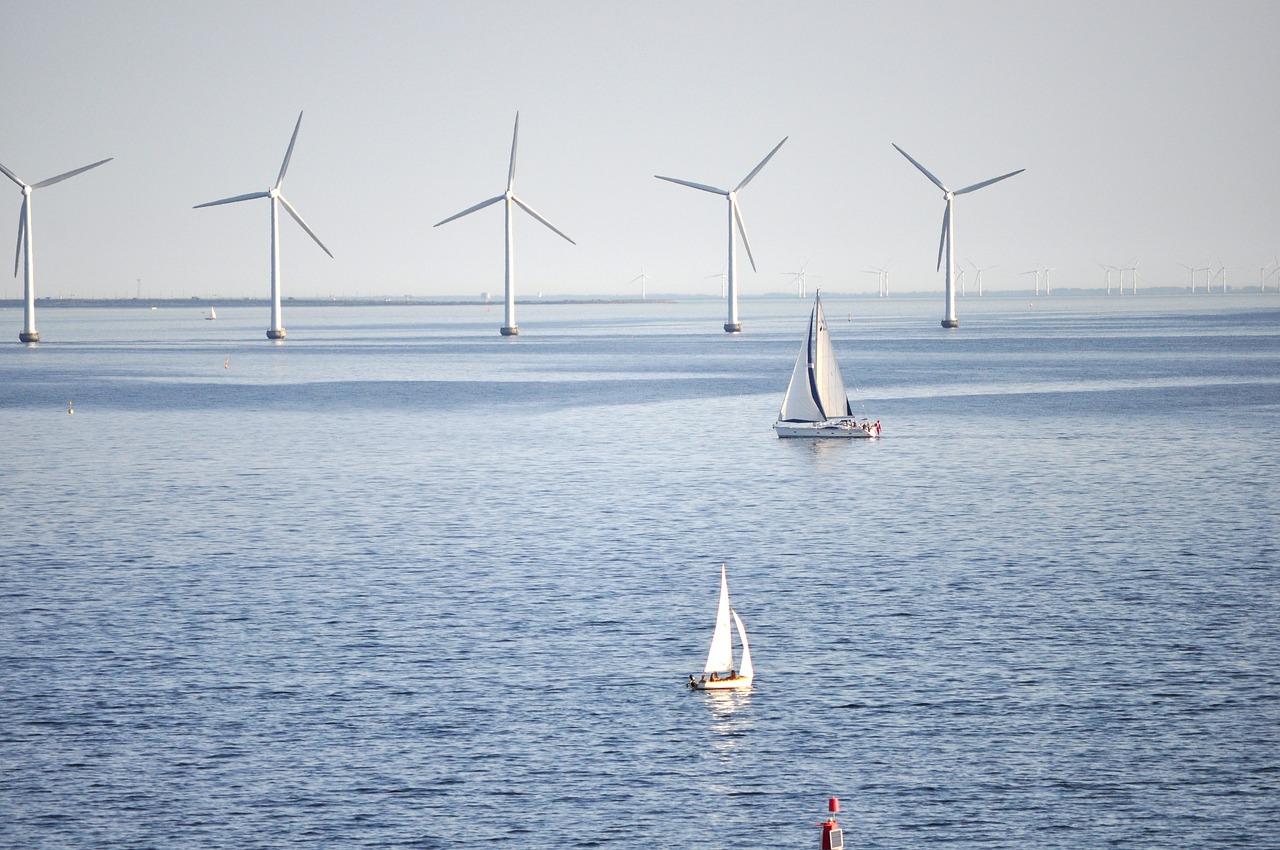PGE and Orsted ink contracts for offshore wind farms
„The PGE Group and Orsted have signed contracts with Navantia-Windar and Orient Cable (NBO) to provide the foundations and internal cables for the Baltica 2 Project, which is one of the phases of the Baltica Offshore Wind Farm,” the companies announced in a press release.
The Navantia-Windar consortium will provide the foundations-monopoles, the largest of which exceed 100 m in length and weigh more than 2000 tons. Whereas Orient Cable (NBO) will provide 66 kV underwater internal cables with a total length of approx. 170 km, which will connect turbines with transformer stations.
In April, PGE and Orsted reached an important milestone on the way to the Baltica 2 project that has a capacity of about 1,5 GW. They signed the first of the agreements for the supply of a key component – a contract for the supply of wind turbines.
Then in June they signed a contract for the supply of marine transformer stations.
Orsted and PGE plan to complete the Baltica 2 phase with a capacity of approx. 1.5 GW by the end of 2027, and the Baltica 3 stage with a capacity of approx. 1 GW by the end of 2029. Investors have yet to make a Final Investment Decision (FID). Baltica 2 and Baltica 3 will create the Baltica Offshore Wind Farm with a total capacity of 2.5 GW.
Polish Press Agency / Jacek Perzyński
Orlen could take over a refinery in Germany, but without Russians. Germany is not ready
Western Media quoted the president of PKN Orlen who drew a red line for the acquisition of shares in the German refinery Schwedt. Before that can happen, the Russians must disappear as part of the derusification expected by Warsaw. Reportedly Berlin is not ready for this.
The Schwedt refinery supplies fuel to eastern Germany and western Poland. Its majority shareholder is Russia’s Rosneft (54 percent of the shares), which was placed under a trusteeship by the government in Berlin after Russia had invaded Ukraine. In September Germany may either extend the trusteeship over Rosneft or nationalize its shares.
There is speculation about the possibility of PKN Orlen joining the Schwedt shareholding. The company’s CEO Daniel Obajtek outlined a red line of such a transaction in an interview quoted by Bloomberg. „We don’t want to enter into any relationship with investors from the East,” he said. „This issue must first be resolved by the German side,” he added as quoted by Bloomberg.
The Polish government demanded that the Schwedt refinery be derussified in order to develop oil and fuel cooperation with Germany. Germans receive increasing amounts of non-Russian oil through the naftoport in Gdańsk and use the Friendship Pipeline that runs via Poland to supply Kazakh oil with Russia as the transmission operator.
Bloomberg reports that Berlin was open to the proposals of the Poles, but there were no plans to sell shares of Rosneft. It is therefore likely the trusteeship will be extended in September.
Bloomberg / Wojciech Jakóbik
PC PORT: Poland’s heat pump market
The Polish Organization for the Development of Heat Pump Technology (PORT PC) has recently published a statement saying that Poland was experiencing a boom for these devices. „Poland attracts many of these investments, which is undoubtedly largely due to the record growth of our heat pump market in recent years. Seven well-known manufacturers, including Toshiba-Carrier, Daikin , Viessmann, Bosch, Kostrzewa, Fujitsu and Aira (Vargas), have already declared the construction of large heat pump factories in Poland, and in the near future others are likely to join them. The deadline for completion of most of these investments is 2025. Data on the planned scale of production (taking into account only declared investments) indicate that at the turn of 2025 and 2026 our country will churn out at least 1 million heat pumps per year. We therefore have the chance to become one of the European leaders in the production of these devices,” PORT PC wrote.
PORT PC / Wojciech Jakóbik









